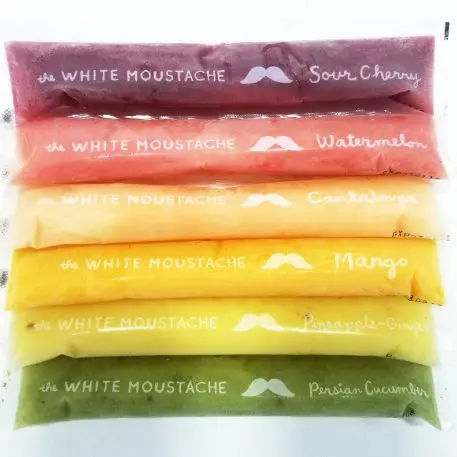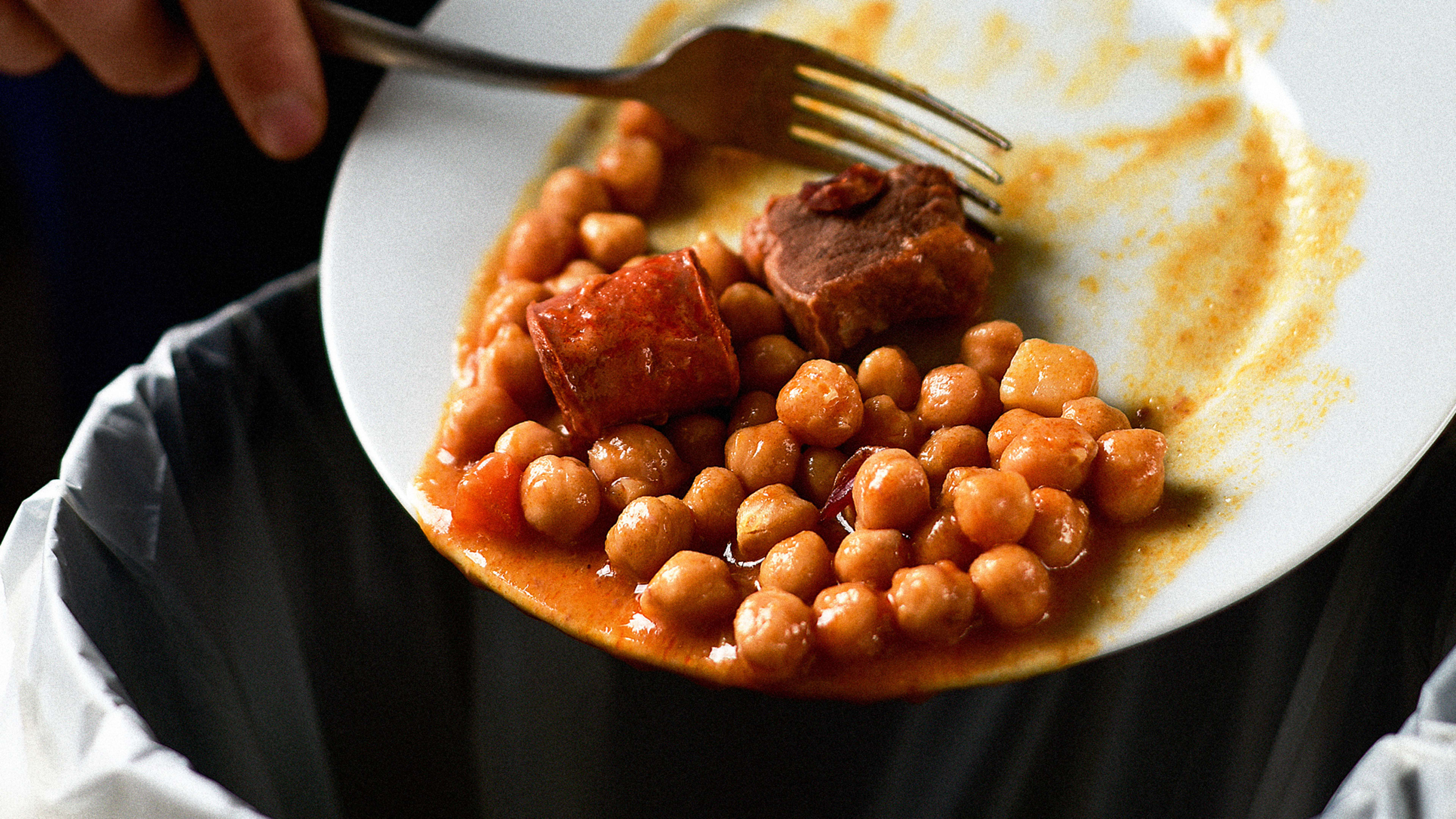No city agency is more familiar with the magnitude of the waste issue than the sanitation department. As more and more people move into urban areas, bringing with them more and more trash, the traditional approach would mandate that the sanitation departments just hire more workers to deal with it. A more forward-looking solution would be to find ways to mitigate it.
The New York City Department of Sanitation (DSNY) decided to take a different approach. Last fall, DNSY’s nonprofit arm, the Foundation for New York’s Strongest, put out a call for small businesses to develop frameworks to limit the amount of waste the city creates, specifically the 650,000 tons of food waste those businesses produce annually. From a funding pool of $50,000, which the Foundation raised through the inaugural NYC Food Waste Fair it hosted last summer, the organization will dole out microgrants totaling up to $2,000 to individual businesses, and $5,000 to groups of neighborhood businesses should they decide to band together to tackle the initiative.
Since launching the competition in November, “we’ve heard from the public and from organizations in this space that there’s a tremendous need for precisely this type of intervention and support, particularly on the part of government,” says Elizabeth Balkan, policy director at the DSNY commissioner’s office. “Small businesses often don’t have either the time, or the resources, or the knowledge base to identify what they need to do to make sustainability improvements, and to follow through on them.”
Judging from the response to the microgrant program, though, there’s certainly an appetite among small businesses to curb their food waste. DSNY fielded a number of applications from both nonprofit and for-profit enterprises, and ultimately awarded grants to four small businesses which will receive $2,000 each in funding, plus in-kind guidance experts at the Foundation and the New York Pollution Prevention Institute, valued at an additional $10,000 per awardee.
Some of the projects are fairly small-scale and straightforward: A commercial catering company, Ox Verte, is buying a commercial freezer to extend the lifespan of their raw food ingredients, and Trans Am Café in Brooklyn will install a three-bin compost system on-site, and eventually plans to sell the compost they produce on-site.

The others require more communication across city entities. RoHo Compost, a local food waste diversion nonprofit, will use the grant to install zero-waste sorting stations and bins at the sites of the popular open-air food market Smorgasburg, which hosts around 100 vendors and draws as many as 30,000 people per day. And the Brooklyn-based small-batch yogurt company The White Moustache mentioned to DSNY that they wanted to source more ingredients that would otherwise go to waste. “In particular, they were looking for fruit,” Balkan says. The father-daughter team behind The White Moustache asked if DSNY knew of any places in the city that had a supply of fruit with limited shelf-life that they could rescue and use in their production process. “We were able to connect them with over a dozen wholesalers that gave them a list of all the surplus fruit they have, what season they have it, and the estimated availability of it in terms of volume,” Balkan says. “So this is now becoming a really critical B2B platform.” The White Moustache is using the rescued fruit in a range of colorful frozen yogurt “probiotic pops.”
The key to getting these programs off the ground, though, lies in the way DSNY and the Foundation structured the microgrant initiative. Instead of waiting for the small businesses to craft complete proposals for their sustainability initiatives, DSNY assembled an advisory panel with which entrepreneurs could consult before the application deadline as they built out their plans. “The applicants had access to these experts that they could reach out to and say: ‘We want to apply, but we don’t know exactly what to do,'” Balkan says. “A lot of businesses actually need a lot of handholding to figure out what it is that would have the biggest impact and be feasible.”
So in a sense, calling it the microgrant program a “competition” is a mischaracterization–the initiative instead is more akin to a selective incubator. “The level of guidance they needed really demonstrated the demand for this kind of program,” Balkan says. And it would not be in DSNY’s interest (nor that of the small businesses) to fund initiatives that fundamentally would not work. “We want the businesses to get the most out of their grants to see immediate results, and to build out programs that can scale to be a part of their operational system,” Balkan says.
DSNY, the Foundation for New York’s Strongest, and the Pollution Prevention Institute will continue to support the grantees as they implement their projects, and this year’s awardees will provide mentorship to the next round of applicants and awardees. Though the microgrant program is only in its first year, its already inspired other cities to develop similar initiatives–Los Angeles, for example, funded 10 food-waste reduction projects with a $100,000 grant pool from the city’s Public Works department. And Balkan thinks it signals a new direction for sanitation departments worldwide to explore: If the agencies that collect our waste are also the ones encouraging us to reduce it, that will help support more sustainable cities.
Recognize your brand’s excellence by applying to this year’s Brands That Matter Awards before the early-rate deadline, May 3.
